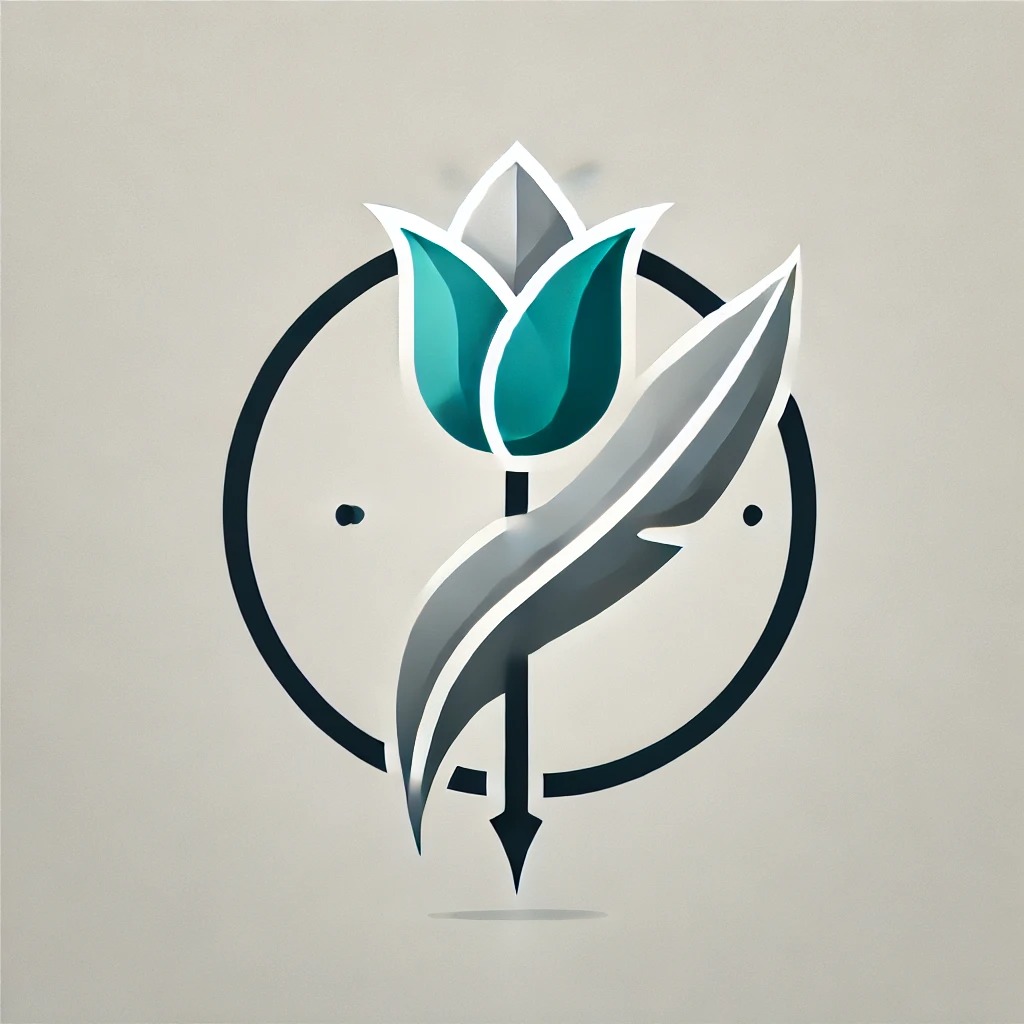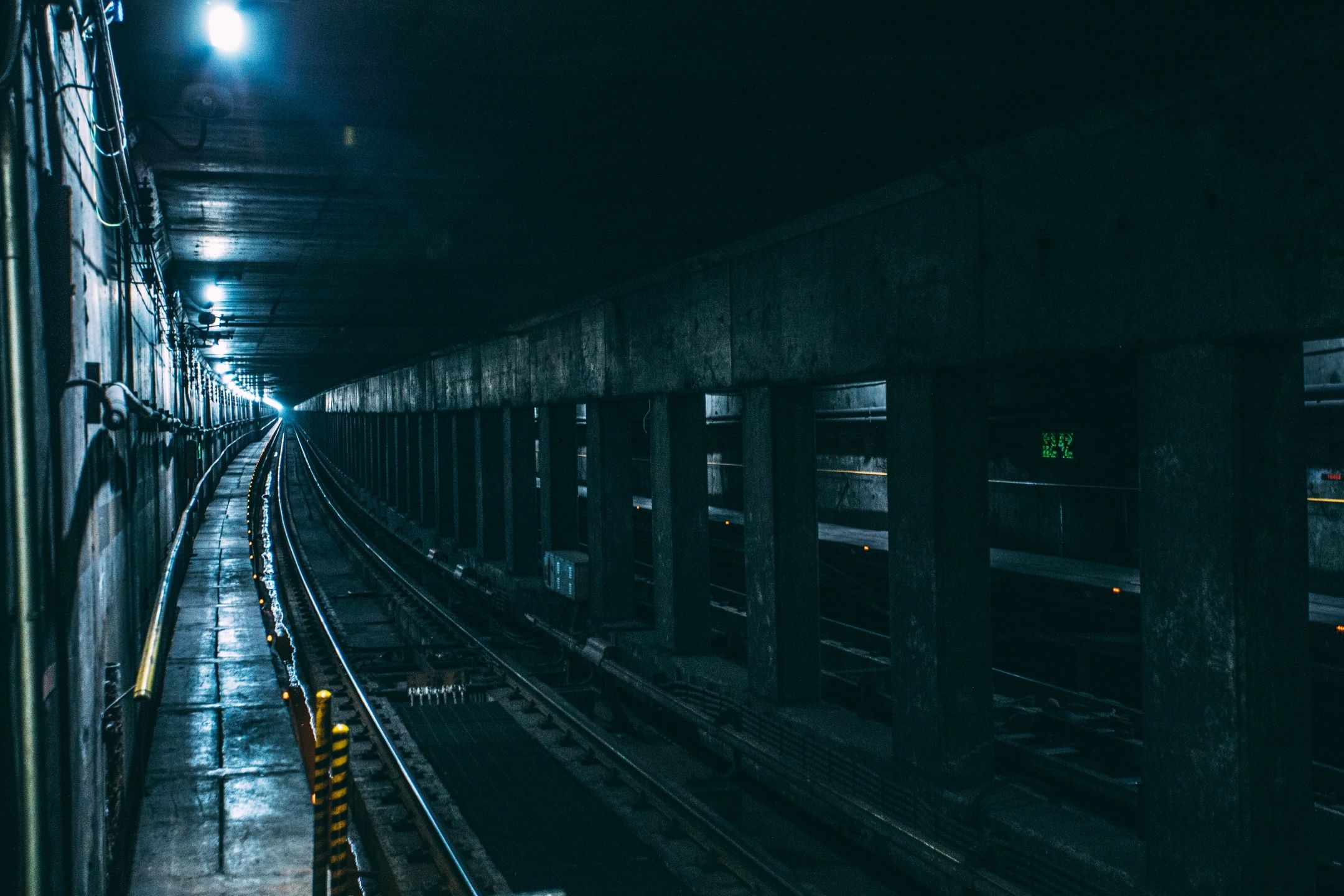
Ölü (Fazıl Hüsnü DAĞLARCA)
Original Version
Coordinator/ Human Translation
Machine Translation (Google Translate)
ÖLÜ
Hangi mahallede imam yok,
Ben orada öleceğim.
Kimse görmesin ne kadar güzel,
Ayaklarım, saçlarım ve her şeyim.
Ölüler namına, azade ve temiz,
Meçhul denizlerde balık;
Müslüman değil miyim, haşa,
Fakat istemiyorum, kalabalık.
Beyaz kefenler giydirmesinler,
Sızlamasın karanlığım havada.
Omuzlardan omuzlara geçerken sallanmayayım,
Ki bütün azalarım hülyada.
Hiçbir dua yerine getiremez,
Benim kainatlardan uzaklığımı.
Yıkamasınlar vücudumu, yıkamasınlar,
Çılgınca seviyorum sıcaklığımı…
DEAD
No mosque in which to pray,
There I will die.
Let no one see how beautiful,
My feet, my hair, and everything.
Free and clean in the name of the dead,
A fish in unknown seas;
Am I not a Muslim, heaven forbid,
But I don’t want a crowd.
Don’t dress me in white shrouds,
Let not my darkness ache in the air.
As I pass from shoulder to shoulder, may I not sway,
So that all my limbs remain in reverie.
No prayer can fulfill
My distance from the cosmos.
Don’t wash my body, don’t wash,
I madly love my warmth…
DEAD
Which neighborhood does not have an imam?
I will die there.
No one sees how beautiful it is,
My feet, my hair and everything.
In the name of the dead, free and clean,
Fish in the uncharted seas;
Am I not a Muslim, haha,
But I don’t want it crowded.
Let them not wear white shrouds,
Do not whine, my darkness is in the air.
Let me not sway as I pass from shoulders to shoulders,
That all my pains are in dreams.
No prayer can fulfill,
My distance from the universe.
Let them not wash my body, let them not wash it,
I love wildly my warmth…
Critical Reading and Analysis: Çıraklı “A Modest Proposal for Critical Reading”
Fazıl Hüsnü Dağlarca (1914–2008) is considered one of the most prolific and influential Turkish poets of the 20th century. His work often grapples with metaphysical, existential, and cosmic themes, exploring the nature of life, death, and the universe. In "Ölü" (The Dead), Dağlarca delves into the theme of death from a highly personal and unconventional perspective, reflecting a desire for individuality and solitude even in death. His writing often challenges traditional forms and norms, aligning him with Modernist Turkish poetry.
The setting of the poem is a deeply intimate and existential space, one where the speaker imagines their own death in a solitary, peaceful manner. The storyworld created in the text rejects the traditional Islamic burial rituals, expressing a preference for anonymity and distance from communal or religious ceremonies. The speaker envisions their death as a private, serene moment, detached from the physical world and societal expectations.
Cumhuriyet Dönemi / Republican Era
• Equilibrium: The speaker accepts the inevitability of death, but desires to die in solitude. • Disruption: The speaker rejects traditional religious rituals and societal expectations of death and burial. • Recognition: The speaker realizes their deep attachment to the physicality of life (warmth, body) and wants to retain their individuality even in death. • Attempt to repair the damage: The speaker requests to be left untouched and unwashed, preserving their body’s natural state. • New equilibrium: The speaker accepts death as a solitary, personal experience, detached from rituals and communal practices.
• Melancholy: The speaker’s emotional discourse. The mention of “sorrow” evokes a psychological response related to sadness or grief. The speaker suggests that sorrow is something with which they are intimately familiar, implying a deep emotional connection to this particular feeling. • Defence Mechanism: Longing for the past and nostalgia • Unfulfilled or unreturned desire: The speaker’s expressive words indicating unreturned love, conjure up feelings of melancholy or bereavement. The speaker implies that they have a solid emotional connection with the emotion of grief by stating that they are very acquainted with it. The speaker’s discourse indicates nostalgia and yearning for the past.
• Optimism vs. pessimism • Emotional Resiliance vs. Existential Crisis • Hope vs. Melancholy • Sorrowful present vs. Nostalgic past





